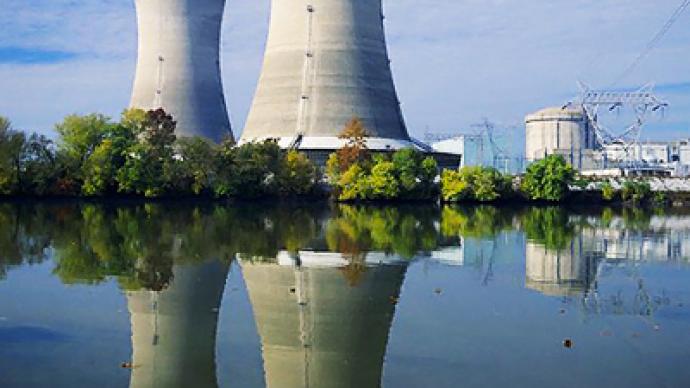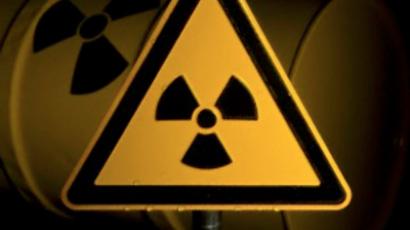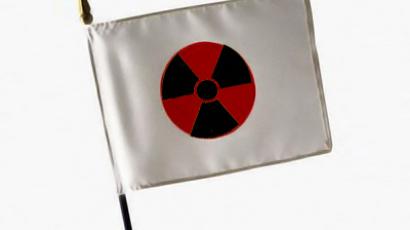China shows the world nuclear can be safe

With the global spotlight firmly back on the safety of nuclear power following Japan’s tsunami and the problems at the Fukushima Daiichi plant, China is looking at spearheading efforts to make the industry safer.
The Chinese are investing millions in research into reactors powered by the element Thorium – a metal, proponents say, as common as lead, and one which, despite some concerns, would lead to power plants with fewer safety issues as well as other benefits.“Thorium-based reactors certainly have advantages,” says Wang Kan, leader of the Tsinghua University Thorium Research Team.“The energy release from Thorium is greater than from Uranium, the by-products from using Thorium are less toxic than from Uranium, and it’s much harder to make weapons from those by-products.”The public outcry following the problems at the Fukushima plant led to Beijing putting a freeze on approvals of new nuclear power stations, and safety checks at all 25 which are currently under construction.However, with Chinese electricity consumption growing at more than five per cent a year, and its current reliance on fossil fuels to generate that looking unsustainable, it is unlikely the crisis in Japan will dampen China’s thirst for nuclear power. “It’s impossible for China to give up nuclear energy,” claims Dong Xiu Cheng, professor at China’s University of Petroleum. “China needs to make changes to its energy structure, which is closely linked to the need to reduce pollution, carbon emissions, and the overall direction of Chinese development. Other new energies have no advantage in either techniques or resources.”No-one in China is under any illusions that the country desperately needs to find alternative, clean ways to generate electricity. The current reliance on coal, which provides some 80 per cent of Chinese energy needs, costs the economy more than $200 billion a year through air pollution alone.And while Beijing is investing heavily in other alternative energy supplies, nuclear power is seen as the best bet by the Chinese government.The problem facing the authorities, though, is trying to convince a jittery public that nuclear power is a safe alternative. So they are pouring millions of dollars into Thorium research, hoping to put those fears to rest. In doing so, they may also be showing the rest of the world a new path to clean energy.














